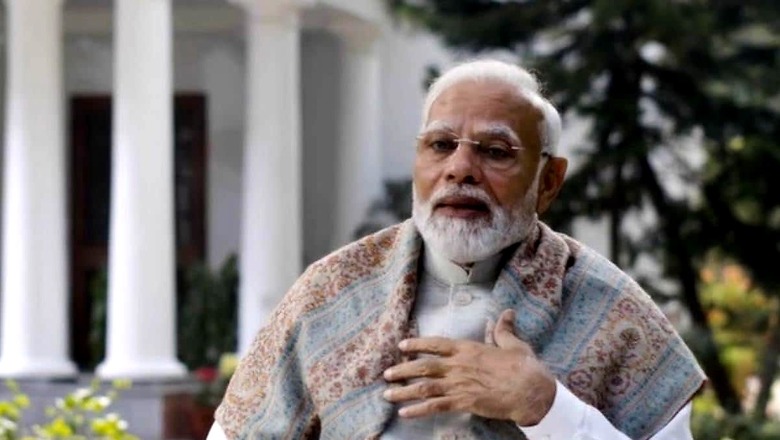
views
It seemed like a war that India would never be able to tackle, let alone conquer. When the Covid-19 pandemic struck the world, many estimated that a country as large and diverse as India would be at the mercy of the virus that had brought several developed and wealthy nations to their knees.
But turning a deaf ear to fears of never-seen-before destruction, one man had begun charting out the course for his country to not only fight the Covid-19 pandemic but also emerge victorious.
Sharing his experience of battling an invisible enemy in History TV18’s brand new documentary ‘The Vial – India’s Vaccine Story’, Prime Minister Narendra Modi said till people were educated, brought together and given the onus of saving themselves and their families from the virus, results could never be seen.
“Our available health infrastructure was for a normal situation. But in a situation where the whole country is battling a pandemic, the resources would fall short. Considering this, to bridge the gap between demand and supply, we decided that however much money and budget is required, it should be pumped in,” the prime minister said.
Explaining the two options India had as the virus caught the world in a chokehold, PM Modi said: “We thought that should we wait for some country to develop the vaccine or should we analyse our genomic situation and develop a vaccine, keeping in mind the Indian population. We made a task force of scientists and decided that we will develop our vaccine, whatever may be the cost.”
PM Modi said the decision also meant inspiring confidence among industrialists to come forward and join the battle against the virus with help from the government.
The prime minister’s vision was shared by health minister Mansukh Mandaviya who said: “The government gave Rs 900 crore for research without any rider that only positive results would be encouraged or entertained. We just wanted them to be confident and continue the research.”
In the 60-minute documentary, aired at 8pm on Friday, PM Modi also said the need of the hour was to develop a vaccine and for that, decision-making “could not move at the speed of files”. “We needed speed. It was important to adopt the ‘all of the government’ approach. At any given point of time, the government was talking to all stakeholders.”
The prime minister added that within a few days, “it was clear that we would have to work on a big canvas, on a big scale. Once we had clarity, we empowered people and began delegating power so people could take decisions”.
However, the challenge for India was not just to develop the vaccine — which it did — but also ensure it reaches a huge population in the prescribed time limit in the remotest corners of the country. “Even the wealthy nations could not manage more than 50-60 per cent inoculation. We didn’t want to take any risk so we depended on technology, trained grassroots-level people, and ensured basics such as the correct temperature for the vaccine,” he said, hailing the CoWIN App’s role in India’s smooth vaccination drive.
Summing up his battle against Covid-19, PM Modi said: “When the pages of history are turned and situations are analysed, India’s fight against coronavirus during this duration will be known as the time period of the highest service to mankind. Today, I am satisfied that the doctors, hospitals and scientists of my country did a remarkable job because of which there was no negativity around the vaccine which would shake India’s faith in the jab.”
‘The Vial – India’s Vaccine Story’ has many firsts and several untold stories. It also features interviews of vaccine manufacturers — Adar Poonawala, CEO of Serum Institute of India, and Dr Krishna Ella, chairman of Bharat Biotech — among others apart from detailing India’s initiatives such as the CoWIN App and Vaccine Maitri to help other countries with the vaccine.
Read all the Latest India News here












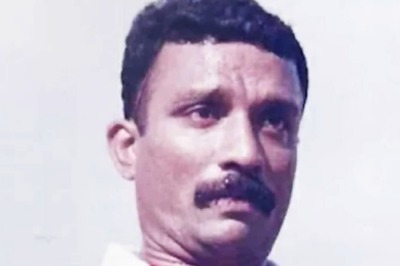
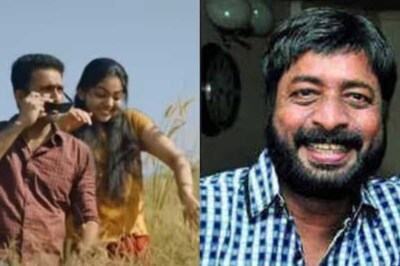


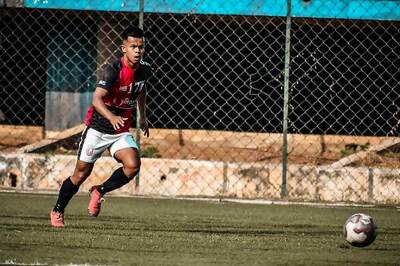
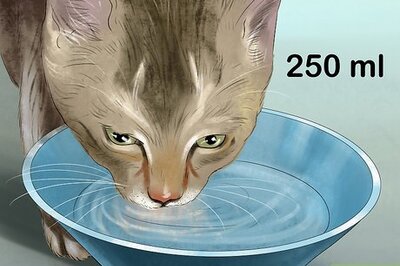

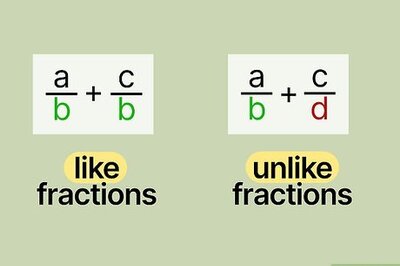
Comments
0 comment